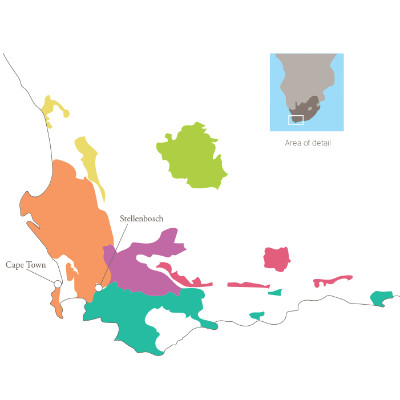

Peter Falke Signature "Alani" Syrah 2018, Stellenbosch
(1)


Peter Falke Signature "Kailani" Cabernet Sauvignon 2018, Stellenbosch


Peter Falke Signature "Kailani" Cabernet Sauvignon 2017, Stellenbosch
(1)


PF Pinot Noir 2019, Stellenbosch
(1)


PF Ruby 2017, Stellenbosch






